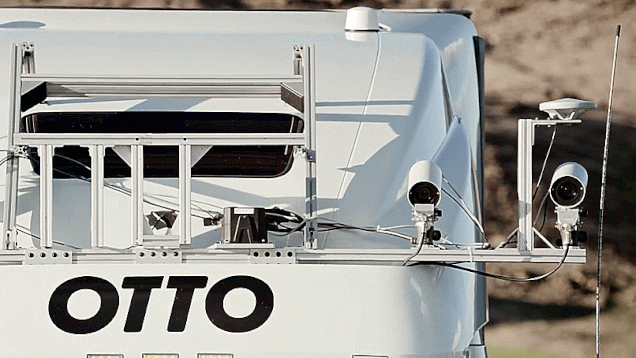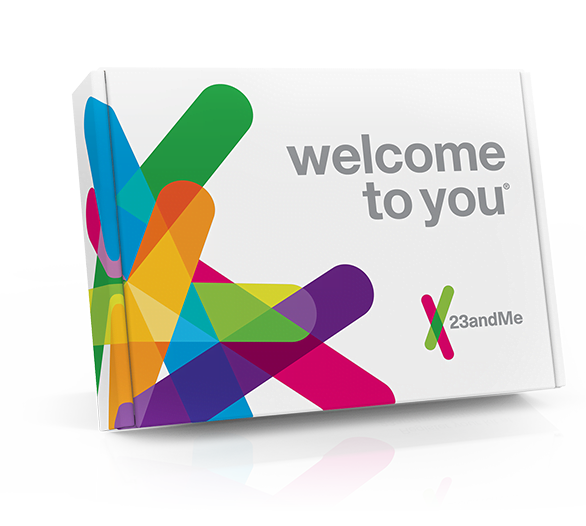Digital Tomorrow is Today
The most recent Casey Cardinia Business Group breakfast heard from Chris Riddell, futurist. This is a summary of what he said.
The future is already here. The digital revolution has happened. So what about tomorrow?
This is the question Chris posed to the room at the start of his presentation.
Chris asserts that the technological revolution has already happened. Now it is Velocity that counts. So what does Velocity mean?
In Software Development, Velocity refers to the rate with which you are completing a project. If Velocity is too low, you will not finish on time. Ideally Velocity is above the original planned value and you will deliver ahead of schedule. At the very least, this allows you time to test comprehensively. Projects running late often compromise on test in order to save time. This tactic usually adds time in the long run.
His first example was OTTO. This is a start-up of ex Google employees who are developing self-driving track technology that can be retrofitted to existing trucks. So you don’t need to design a new vehicle, you can add their system to your existing fleet. They have early adopted product in the market (delivering beer via self-driving trucks) and hope to be fully market ready in nine months. And uber bought OTTO. This rapid time to market is an example of the increasing Velocity available today.
A local example we are working with is Maintabase. This is a Melbourne based start-up that came to us 2 months ago with some “off the shelf” hardware to try and configure it as a demonstration of their asset management concept where you can monitor machine cycle and operating time automatically and identify when maintenance points will be reached. Like OTTO, this can be retrofitted to any existing machine. They were trying to use “off the shelf hardware” for good reason; low development cost. However the hardware was difficult to configure and use, not very flexible, and ultimately not what they wanted in a final product. It was never going to do what they needed and was only ever an interim measure. So we created the product they need and they are launching it at Future Assembly in the IoT Category. So idea to launch in eight weeks!
And then there is Tesla who have reinvented the modern passenger automobile and already offer autonomous cars.
And now a medical example. 23 and Me will send you a DNA kit. You provide a saliva sample in the test tube they provide. They then send you a detailed report describing your genetic ancestry, what health issues you will expect have in the future and even what kind of children you will have with your partner (you need two samples for that). This was banned in the USA due to concerns about how to regulate it so they moved to Europe and launched there. Now they are also able to operate in the USA. Five years ago a service like this would have been prohibitively expensive. Now it is a very affordable tool to allow you to manage your life better.
We also see the huge burst of activity in Wearables that allow you to quantify things like quality of sleep, activity level and a whole range of health and other indicators. The Quantified Self requires measurement and these devices do a good deal of that already.
Lean Digital Start-Up
Computing technology is also changing so rapidly that you can do a hugely scalable start-up in a shed. This is technology going full circle. HP started in a shed. So did Google and Apple. The shed may become the new business launch model.
This allows a new class of business opportunities lumped under the banner of the Lean Start-Up. I’ve added “Digital” to the mix because there is a lot of emphasis now on being able to scale quickly. So we have the Lean Digital Start-Up. So low investment, low risk, potentially huge upside, potentially scalable. The failure rate of Lean Digital Start-Ups is unfortunately also huge. About 25 times the failure rate of conventional businesses. The risk due to failure is much lower and they can pivot rapidly. This is Agile applied to the Business Model.
Old world businesses are like huge plantations and have a specific focus and everything is about optimising that focal point. By comparison, the new business paradigm is like hacking your way through a rain forest looking for a breakthrough plant or animal that holds the cure to something incurable. The latter is a much more chaotic process and results are unpredictable.
Access to technology means that even mobile phone calls and SMS are old hat and is all about video, high speed data sharing and experience.
The Future What Next?
BMW have just celebrated 100 years in business. That is a great achievement. If you go back 50 years, it was all about the product, the technology, the reliability. Today it is all about the experience. And they are talking about selling transportation services rather than vehicles in 10 years time.
Super Fluidity is now the norm. You can transfer data almost instantly to anywhere in the world. Today you can design a product, send the file somewhere else on the planet and have it 3D printed. You can now 3D print food. Oreos can be custom designed by you and then made for you and shipped to your address.
Why is Google self driving cars happening? Google do search and other data stuff. The answer from Google is that a driver-less car is a mechanical problem that needs an information solution. And Google are an information solution company.
Why is Lego still in business? It is a plastic block. Easy to copy and many have done it. Yet today they are the most influential toy company in the world. Everything is about the user. You can design your own kit, select the blocks, buy it and have it delivered to your door. You can build it on screen, have it 3D rendered and sent to your device to show or share with your friends.
Apple have enough cash on their books to pay out Greece’s national debt three times over and still run their business for a year even with no sales. And they did it by making their product easy to use and putting a full ecosystem together to support the user.
Air bnb, uber, Spotify and many other companies are leveraging great user experiences and offering great value.
We are headed into an era of no screens, augmented reality and where the world is your screen and data is your overlay.
Pretty exciting times lay ahead as we catch up with the capability the Digital Revolution already lays before us.
Successful Endeavours specialise in Electronics Design and Embedded Software Development, focusing on products that are intended to be Made In Australia. Ray Keefe has developed market leading electronics products in Australia for more than 30 years. This post is Copyright © 2016 Successful Endeavours Pty Ltd.








